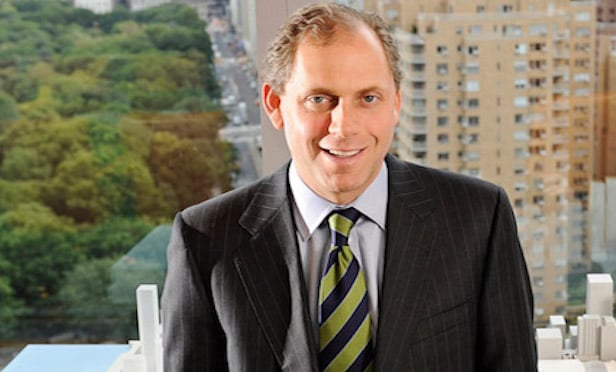ORANGE COUNTY, CA—Seasoned commercial real estate professionals and Millennials, while seemingly disparate groups, can learn a lot from each other. In Part 2 of a two-part analysis (click here for Part 1), GlobeSt.com gets perspectives from different executives on how young professionals and seasoned industry veterans can learn from each other. Here, we speak with Erin Curry, HR director for Xceligent; Robert Sevim, executive managing director of Savills Studley; Alexandra S. Glickman, area vice chairman and managing director-practice leader of Arthur J. Gallagher & Co.; and Jana Turner, principal with RETS Associates.
GlobeSt.com: How does the “old guard” of professionals mesh with the “new guard”? What can each learn from the other?
Curry: The old guard is definitely getting a dose of tech savviness. There's resistance to it really on both sides. The old guard is saying, “If you put the time in and have the patience …” and the new guard is saying, “But what about now? We're ready now.” There's healthy tension there. As we're meshing, this is a transition in the way we're doing business. If you have healthy tension, you can be productive and move forward. It's an interesting dynamic, this stress between the two.
If you put technology in front of someone who's been in the industry for 20 years, it's not that they're not willing to learn, but they have a different way of doing things. The next generation is on it and ready to move on to the next thing. The younger generation needs to focus on the value of relationships built within the industry. Commercial real estate is still a relationship-based industry, whether you're doing business via social networking, video conferencing or meeting in person. You don't necessarily need to go out to a building to see a face anymore. But at the end of the day, the deal gets done via relationship. The younger generation has the ability to put their thoughts out there immediately—everybody's got a public voice. Something comes to mind and it's out there immediately. The old guard is more cautious of that.
Sevim: The good young professionals want to figure out by exposure how they can better their careers. They want to be coached and mentored, taken under wing and shown the way. The old guard can learn different types of communication and technology. You might have a younger professional extremely well versed in understanding updated software liked LinkedIn and beyond that—that's what they do day to day. The new guard brings in a segment of relationships the old guard would have a hard time penetrating, so the old guard can learn from them and let them lead the way in that regard. Technology-based companies are the fastest-growing occupiers of space, and a lot of them are run by younger-generation people. They are more easily connected with and communicated with by people in their own generation. What they can learn from the old guard, at the end of the day, is that there is no substitute for hard work and face-to-face relationship building. There are different ways of building them, but you have to build them in person and over several years.
Glickman: The old guard can learn that technology is your friend, that life is not a zero-sum game and that there really are opportunities for collaboration that inures to everybody's benefit. What the young ones can learn is that life is harsh, you're going to be faced with win/lose situations, people aren't always going to hug you when things go badly, you're going to need to take stands that can be uncomfortable, and adulthood is fraught with peril.
Turner: In my mentoring and speaking to the younger group and managing a younger group at one time, I've found that the older guard can provide great mentoring and trail dust. You offer them advice as well as recommendations on how to do things differently from how you did it so their learning curve is shorter, methods for more effective communication and networking through the organization—things we didn't necessarily do ourselves. When I speak to these groups, I talk about balancing. Recently, one young professional in project management said he'd received only three voicemails in three months. Nobody calls anymore—we text, IM and email. Email is almost becoming archaic. What that young group needs to learn is you have to balance the high touch with the high tech. You cannot create a relationship digitally, and commercial real estate is about relationship building. We can learn from them new ways of thinking—the whole balancing the digital age, how to be more efficient and faster. But everybody has to be collaborative. You have to walk into these environments being collaborative.
© 2025 ALM Global, LLC, All Rights Reserved. Request academic re-use from www.copyright.com. All other uses, submit a request to [email protected]. For more information visit Asset & Logo Licensing.






